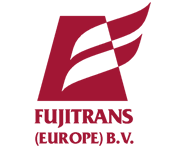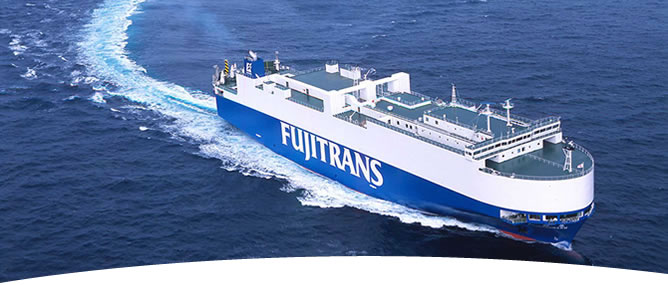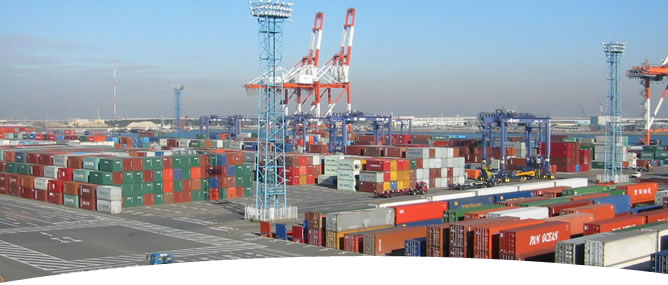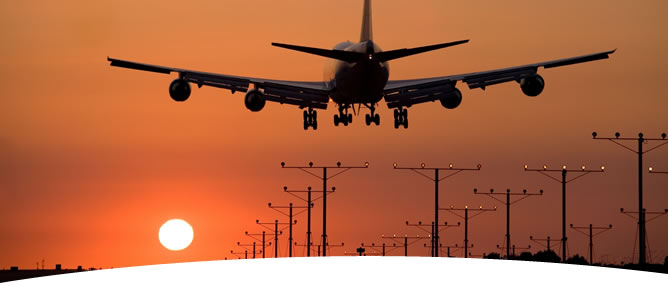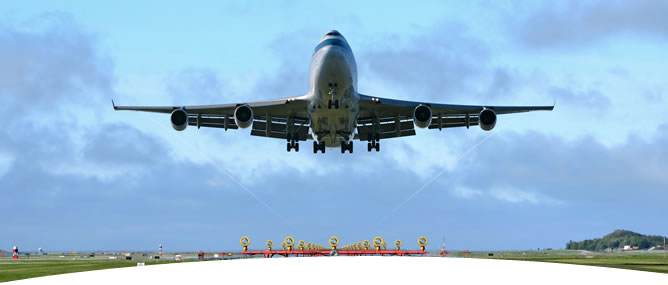Inco Terms
DEPARTURE OF THE GOODS (GROUP "E")
- E = EX WORKS
The Sellers / Shippers place the goods at the disposal of the Buyers / Consignees at the factory. The sale transaction is thus fully consumed. ALL costs and expenses related to the carriage of the goods including the loading on a truck, freight, handling and insurance costs are for Buyers' account. This terms represents the minimum exposure of the Sellers.
SHIPMENT CARRIAGE PAID AT DESTINATION (GROUP "F") F = FREE
Whenever the term FREE is used, it signifies that the Sellers are obliged to hand over the goods free of risk and expense to the Buyer at the respective critical point of division of responsibility. Then Buyers assume responsibility.
- FOT (FREE ON TRUCK)
The Sellers pay and are responsible for loading the goods on a truck.
- FOR (FREE ON RAIL)
The Sellers pay and are responsible for loading the goods on a train.
- FCA (FREE CARRIER)
The Sellers pay and are responsible for the delivery of the cargo to the Carrier, at the Terminal that the Buyers have nominated. In this context CARRIER means "Any party that undertakes, in a contract of carriage, to perform or to cause the performance of carriage by road, rail, sea, air, inland waterway or combination of the above" If the Buyer instructs the Seller to deliver the goods to a Freight Forwarder, then the sale transaction is consumed upon such delivery.
- FAS (FREE ALONGSIDE SHIP)
The Sellers are responsible to pay for all costs up to delivery of the cargo at Carriers' Terminal. Terminal means a railway terminal, a container terminal or a yard or a multipurpose facility used for the reception of goods for shipment. The term FAS defines the point where the LINER TERMS begin to be applicable.
- FOB (FREE ON BOARD)
The responsibilities of the Seller terminate the moment that the goods transit the ships rail. This implies that all costs and risk up to that point, including export license etc for the goods are for the account of the Sellers. The moment that the goods transit ships' rail the sale transaction is consumed and the risk is transferred to the Buyers / Consignees.
SHIPMENT CARRIAGE PRE ? PAID AT LOADPORT (GROUP "C") C =COST
The letter C signifies that the Sellers are responsible to bear certain costs, even after the respective critical point of division of risk.
- CFR (COST & FREIGHT)
The Seller pays for the costs and freight but Buyers (if they wish) arrange the insurance. All costs up to the destination port are for the account of the Sellers, but all risk is for the Buyers from the moment of the shipment. Sellers pay for export licence etc.
- CIF (COST, INS, FREIGHT)
As per CFR and, in addition, the Sellers have the risk until the goods are delivered at their final destination port.
- CPT (CARRIAGE PAID TO)
(name of Disport) This term is the same as CFR, but is used in carriage where the concept of "ships rail" is of no practical use. For example in Ro-Ro trade and in Container shipments.
- CIP (CARRIAGE, INS. PAID TO)
(name of Disport) This term is the same as CIF, but is used in carriage where the concept of "ships rail" is of no practical use. For example in Ro-Ro trade and in Container shipments.
ARRIVAL OF THE GOODS (GROUP "D") D means Delivery
This phase of the transportation concerns the question of which party is responsible for the payment of the various costs after the arrival of the cargo at the port of discharge. They are as follows:
- DAF DELIVERED AT FRONTIER.
The Sellers are obliged to deliver the goods at a NAMED frontier, complete with export licence, but before passing Customs.
- DES DELIVERED EX SHIP.
The Sellers are obliged to deliver the goods to the Buyer on board a ship at the named port of destination, uncleared for import.
- DAQ DELIVERED AT QUAY
Duty Paid by Sellers. The Sellers are obliged to deliver the cargo to the buyers at the named port of destination, cleared for importation, on the quay.
- DDU DELIVERED DUTY UNPAID.
As per DAQ, but the Sellers are responsible for clearance for importation, taxes, duties etc.
- DDP DELIVERED DUTY PAID.
The Sellers are responsible to deliver the cargo to the Buyers at the named port, cleared from Customs and with all pertinent costs paid. This term represents the maximum exposure of the Sellers in a commercial contract.
